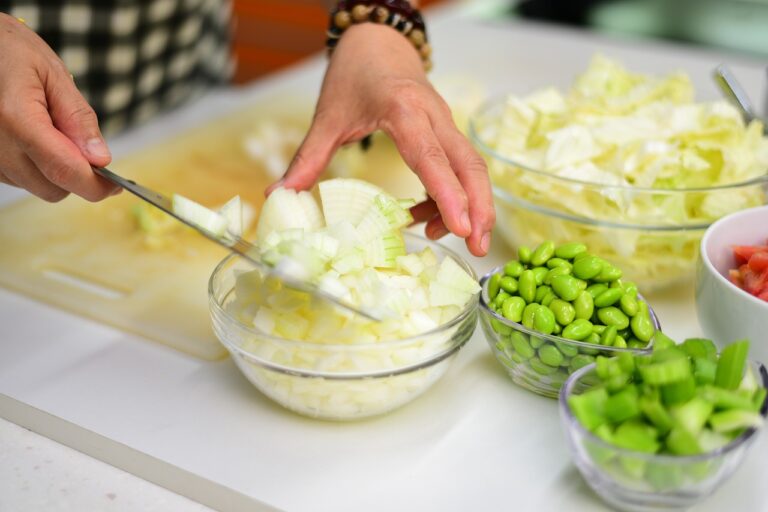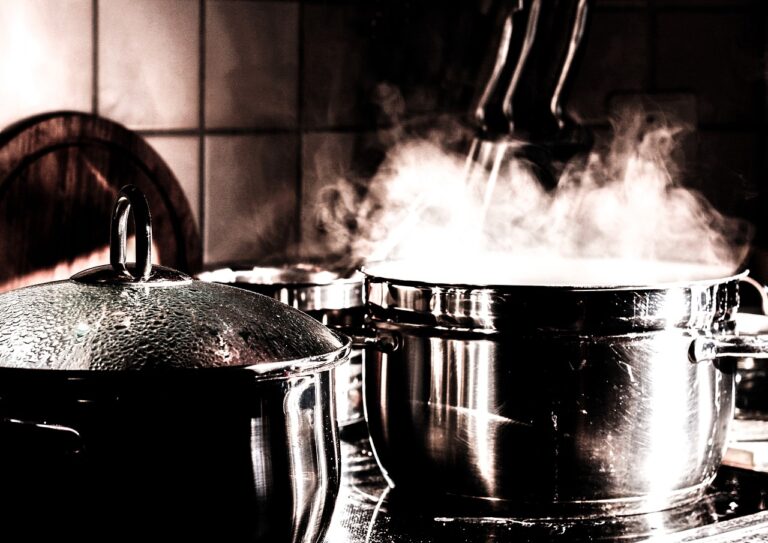Herbs: A Guide to Nature’s Medicinal Treasure Trove
Herbs, the aromatic and flavorful leaves, stems, and flowers of plants, have been an integral part of traditional medicine for centuries. With their diverse therapeutic properties, herbs offer numerous health benefits, ranging from improving digestion to boosting immunity. In this guide, we’ll explore the world of herbs, their medicinal uses, and practical tips for incorporating them into your daily life.
Types of Herbs
- Culinary Herbs: Used primarily for flavoring food, such as basil, oregano, and rosemary.
- Medicinal Herbs: Possess therapeutic properties and are used for medicinal purposes, such as echinacea, valerian root, and chamomile.
- Aromatic Herbs: Prized for their fragrance and used in perfumes, cosmetics, and aromatherapy, such as lavender, jasmine, and mint.
Medicinal Benefits of Herbs
Digestive Health
- Soothe indigestion: Peppermint, ginger, and fennel relieve nausea, gas, and bloating.
- Improve appetite: Rosemary, thyme, and sage stimulate gastric juices and enhance digestion.
Immune Support
- Boost immunity: Echinacea and elderberry strengthen the immune system and fight infections.
- Reduce inflammation: Turmeric and ginger possess anti-inflammatory properties that help alleviate pain and discomfort.
- Treat respiratory ailments: Thyme, rosemary, and eucalyptus help clear congestion and alleviate coughs.
Mental Well-being
- Reduce stress: Valerian root, lavender, and chamomile promote relaxation and reduce anxiety.
- Improve sleep quality: Chamomile, lavender, and hops aid in restful sleep.
- Enhance cognitive function: Ginkgo biloba and rosemary improve memory and concentration.
Culinary Applications of Herbs
- Enhance flavor: Herbs add depth and complexity to dishes, both in fresh and dried forms.
- Preserve food: Some herbs, such as oregano and rosemary, have antibacterial properties that extend the shelf life of food.
- Make herbal teas: Brew fresh or dried herbs in hot water to create aromatic and soothing beverages.
Practical Tips for Using Herbs
- Fresh or Dried: Fresh herbs offer the most potent flavor and aroma, while dried herbs are more concentrated.
- Dosage: Follow recommended dosages carefully to avoid overconsumption, as some herbs can have side effects.
- Interactions: Consult with a healthcare professional before using herbs if you are taking any medications.
- Storage: Store herbs in airtight containers in a cool, dry place to preserve their potency.
Conclusion
Herbs are a versatile and valuable resource for both culinary and medicinal purposes. Their diverse therapeutic properties make them an indispensable part of a healthy lifestyle. Whether you’re using them to flavor your meals, brew a soothing tea, or treat minor ailments, incorporating herbs into your daily routine can bring numerous health benefits. By understanding the types of herbs, their medicinal uses, and practical tips for their application, you can unlock the full potential of these natural remedies.

























